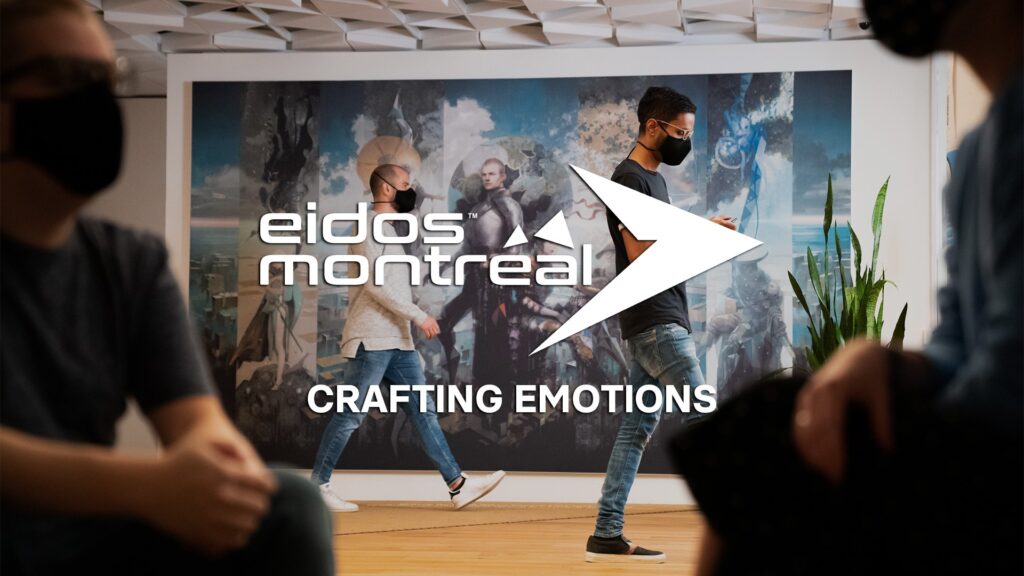
Eidos-Montréal will be transitioning to a four-day work week for all employees. The Avengers, Tomb Raider, and Deus Ex developer made the announcement on its blog on Thursday, noting that the move is in-line with company values.
“This initiative is another step towards the embodiment of the studio’s values, building a healthy, creative, and sustainable work environment for our employees,” head of studio David Anfossi said in the announcement.”
Moving forward, both Eidos-Montréal and Eidos-Sherbrook will be closed on Fridays. The goal of the initiative is not to condense five days of work into four, but to reevaluate how the company operates overall.
“Concretely, we want to reduce the time at work, but increase the quality of this time invested, whether it’s on a team-basis or for the studio as a whole,” Anfossi explained. “A promising right balance for everything!”
Unsurprisingly, the COVID-19 pandemic played a large role in the decision. With remote work becoming more common, many companies are examining the impact on their workforce. For Eidos-Montréal, it appears to have been a boon for employees’ mental health. As such, remote work and the four-day week have come to embody the company’s renewed focus on its working culture.
“With remote working which has transformed the way we collaborate, we had already started an important cultural transition with the implementation of a rest period, access to a personal financial advisor, access to a telemedicine platform, reimbursement of mental health care and physical activity costs,” Anfossi explained.
Eidos-Montréal’s decision is part of a larger industry reexamination of working conditions; last month, Bugsnax developer Young Horses announced that it too was transitioning to a four-day work week.
For the International Game Developers Association, such initiatives are a welcome sight in an industry plagued by crunch and harassment. So far, most of the companies taking these measures have been small independent studios, but a large AAA outfit like Eidos-Montréal could help to shift things the other way.
“It is important for any type of studio to lead business approach transitions,” IGDA executive director Renee Gittens told GameDaily at the time. “Larger studios are often wary of making significant changes due to investor and financial expectations. I hope that as more companies adopt these policies and demonstrate their validity and benefits, that others will feel more comfortable with exploring their implementation as well.”
Beyond developer and publisher initiatives, there are other organizations seeking to cast a light on mental health in the games industry. One of them is Take This, a group working to normalize and address mental health challenges for industry workers through events like last year’s Stay in the Game Fund.
The games industry has long struggled with issues of crunch and mental strife, issues that have been accepted as unchangeable, part of a package deal. The ravages of COVID-19, however, have prompted larger discussion that appears to be moving things in a more positive direction.
Sam, the Editor-in-Chief of GameDaily.biz, is a former freelance game reporter. He's been seen at IGN, PCGamesN, PCGamer, Unwinnable, and many more. When not writing about games, he is most likely taking care of his two dogs or pretending to know a lot about artisan coffee. Get in touch with Sam by emailing him at sdesatoff@rektglobal.com or follow him on Twitter.
 GameDaily.biz © 2025 | All Rights Reserved.
GameDaily.biz © 2025 | All Rights Reserved.